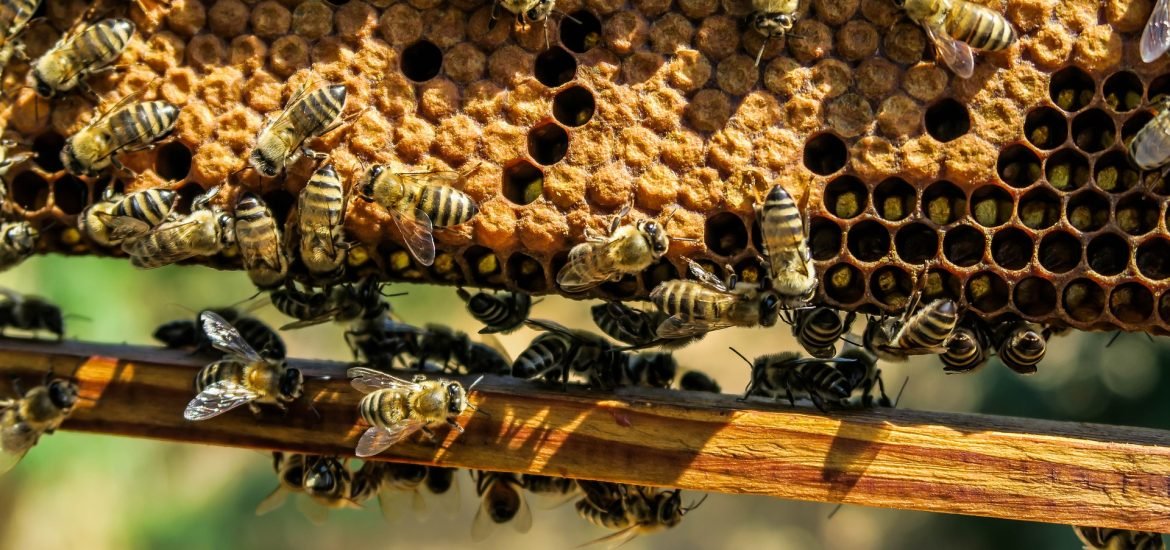
The European Union decided on Friday to ban neonicotinoid insecticide use throughout the bloc because of the risk the chemicals pose to bees. Although environmental campaigners welcomed the move, farmers have expressed concerns about the ban’s economic impacts.
In spite of opposition from the Czech Republic, Denmark, Hungary and Romania, EU member states voted in favour of a European Commission proposal to almost completely ban the world’s most widely used insecticides. The new regulation will take effect by the end of the year.
The decision expands a partial ban on three neonicotinoid chemicals –imidacloprid, clothianidin and thiamethoxam – which has barred their use on crops including maize, oats, wheat, barley and oil seed rape since 2013.
Under the new regulation, all outdoor uses of the three pesticides will be prohibited. Use of the chemicals will still be permitted in greenhouses, “where no contact with bees is expected,” according to the Commission. Neonicotinoids including thiacloprid and sulfoxaflor will not be subject to the ban.
The move follows the release of a report from the European Food Safety Authority (Efsa) in February, which found the use of the three banned neonicotinoid insecticides to pose a danger to both wild bees and honeybees.
“The Commission had proposed these measures months ago, on the basis of the scientific advice from the European Food Safety Authority,” said EU Commissioner for Health and Food Safety Vytenis Andriukaitis in a statement.
“Bee health remains of paramount importance for me since it concerns biodiversity, food production and the environment.”
Environmental campaigners welcomed the move. Sandra Bell, nature campaigner at Friends of the Earth, told BBC News: “The ban on neonicotinoids could be a really important step towards a more general questioning of the use of pesticides and the harm they are doing to our environment.”
Farmers, however, have said the partial ban failed to deliver tangible results and questioned whether such a sweeping move was warranted.
“The Commission hasn’t been able to find that these restrictions have delivered any measurable benefits for bees,” Chris Hartfield, policy adviser at the UK National Farmers’ Union (NFU), told BBC.
Farmers also raised concerns that the ban will negatively affect crops grown in Europe.
“The irony of the current restrictions is that it has led to the decline of oil seed rape being grown in the UK and that’s reflected across the whole of Europe,” added Hartfield.
“We’re not decreasing our consumption of that product; we are just importing it from outside Europe, where it is often treated with neonicotinoids. I would expect to see that continue.”
Sugar beet and oilseed rape farmers are particularly unhappy about the new regulation. According to Science Magazine, farmers of these crops have said they have “no sustainable alternatives” for pest control and are concerned the ban will lower yields.
“European agriculture will suffer as a result of this decision,” Graeme Taylor, from the European Crop Protection Association, told The Guardian. “Perhaps not today, perhaps not tomorrow, but in time decision makers will see the clear impact of removing a vital tool for farmers.”